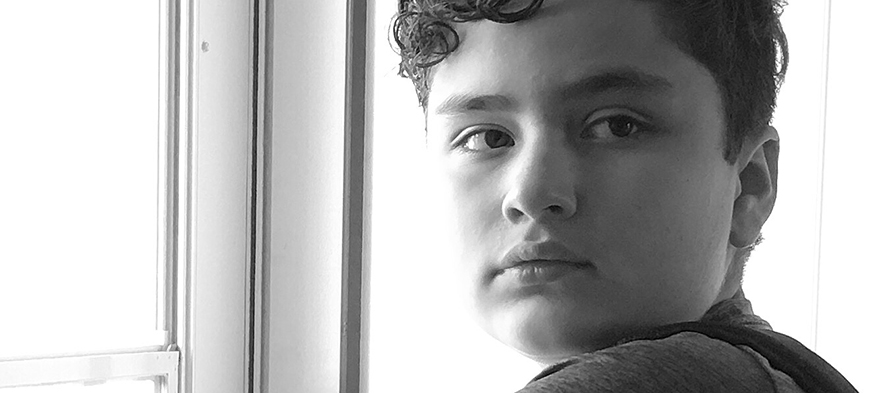
Oct 25, 2018 12:00:00 AM
 As I walked past the principal’s office, I could see that Jonah was sitting outside again, his small legs shaking nervously, his head hung low. His eyes met mine as I passed by to pick up my mail. “In trouble?” I asked, knowing the answer all too well. “Yeah,” Jonah said, staring straight ahead at the cinderblock wall. Outside, we both could hear the hoots and hollers of classmates who were playing tag, bouncing a ball against the wall or sitting in clusters, chatting with their friends. [pullquote]I sighed, wishing I could do something to break this child out of his prison of pointless punishment.[/pullquote] “Poor kid,” I muttered to a passing colleague. “ Not such a poor kid,” she glared. “He never seems to know how to act.” This is the story for Jonah and for so many young people like him who sit out recesses or are suspended for being too jumpy, talking out of turn and disrespecting norms that feel like straightjackets to our most energetic, challenging and non-conforming children.
As I walked past the principal’s office, I could see that Jonah was sitting outside again, his small legs shaking nervously, his head hung low. His eyes met mine as I passed by to pick up my mail. “In trouble?” I asked, knowing the answer all too well. “Yeah,” Jonah said, staring straight ahead at the cinderblock wall. Outside, we both could hear the hoots and hollers of classmates who were playing tag, bouncing a ball against the wall or sitting in clusters, chatting with their friends. [pullquote]I sighed, wishing I could do something to break this child out of his prison of pointless punishment.[/pullquote] “Poor kid,” I muttered to a passing colleague. “ Not such a poor kid,” she glared. “He never seems to know how to act.” This is the story for Jonah and for so many young people like him who sit out recesses or are suspended for being too jumpy, talking out of turn and disrespecting norms that feel like straightjackets to our most energetic, challenging and non-conforming children.
Maryann Woods-Murphy is a Gifted and Talented specialist in New Jersey and has been teaching for 38 years. She is also the 2010 New Jersey Teacher of the Year, the winner of the Martin Luther King Birthday Celebration Award, a 2011-2012 Washington Teaching Ambassador Fellow, an America Achieves Fellow (2011-2015), a member of both the Board of Directors of the National Education Association Foundation and the Northeast Conference on the Teaching of Foreign Languages. Woods-Murphy earned her Ed.D. in Teacher Leadership at Walden University in 2016 with a study on the way New Jersey teachers improve schools. She has co-chaired Teens Talk about Racism for 13 years with retired science teacher, Theadora Lacey. In her free time, she writes, travels and spends time with family, especially her two granddaughters, Olvyia and Victorya.
The story you tell yourself about your own math ability tends to become true. This isn’t some Oprah aphorism about attracting what you want from the universe. Well, I guess it kind of is, but...
If you have a child with disabilities, you’re not alone: According to the latest data, over 7 million American schoolchildren — 14% of all students ages 3-21 — are classified as eligible for special...
The fight for educational equity has never been just about schools. The real North Star for this work is providing opportunities for each child to thrive into adulthood. This means that our advocacy...
Ed Post is the flagship website platform of brightbeam, a 501(c3) network of education activists and influencers demanding a better education and a brighter future for every child.
© 2020-2025 brightbeam. All rights reserved.
Leave a Comment